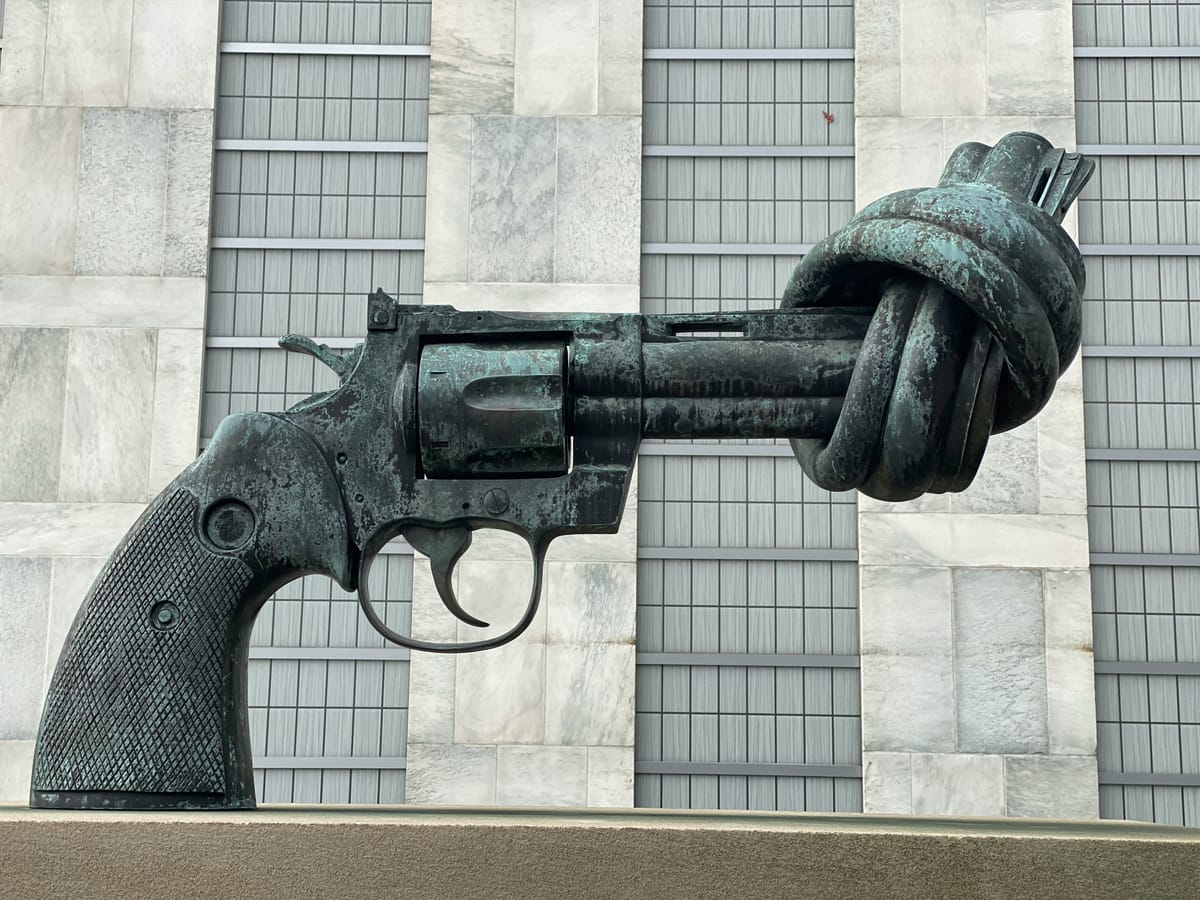Gun Rights Case Tests 200 Years of Legal Precedent in Georgia

ATLANTA — A case before the Georgia Supreme Court could determine whether adults under 21 have the right to carry handguns in public. The justices heard arguments Tuesday from both state attorneys and lawyers for Thomas Stephens, a 20-year-old who sued after being denied a carry license in Lumpkin County.
The Legal Question
Stephens is challenging a long-standing Georgia law that restricts public handgun licenses to those 21 and older. His attorney argues the rule violates his constitutional right to bear arms.
At the heart of the case is how courts should interpret the Second Amendment, which states, “the right of the people to keep and bear Arms, shall not be infringed.” The Georgia Constitution echoes that sentiment but also gives lawmakers the power to decide how arms may be carried.
History vs. Rights
Stephens' lawyer, John R. Monroe, said Georgia’s restriction is outdated. He argued the state has relied on a legal standard that predates modern protections of individual rights.
“The state Supreme Court has based its decisions on a ‘reasonable’ exercise of government power to limit access to guns,” Monroe said. But after World War II, he noted, courts began applying “strict scrutiny” to cases involving fundamental rights.
Strict scrutiny requires that burdens on fundamental rights be justified by a "compelling" state interest. “Strict scrutiny should be applied to this case because it’s a fundamental right for people to keep and bear arms,” Monroe told the court.
State Defends Age Limit
The state attorney general’s office disagrees. Assistant Attorney General Zachary A. Mullinax said the age limit is backed by history. He pointed out that laws restricting gun access for people under 21 go back to the Civil War era.
“The court should stick with the analysis that it’s applied for 180 years,” Mullinax said. “I don’t think that there is any historical evidence that an 18-year-old had the right to carry a handgun in public.”
He added that in the 1800s, people under 21 were not part of the militia, which plays a key role in how some interpret the Second Amendment.
Court Appears Cautious
The justices questioned both sides closely. Justice Andrew A. Pinson noted the challenge Monroe faces, given Georgia’s long-standing legal framework.
Pinson said that Georgia’s gun laws may now be part of its constitutional tradition. “We’ve said arguably [this] is now baked into our constitutional language,” he said, pointing to how voters ratified new constitutions while keeping the same restrictions in place.
What’s Next
It’s unclear how the court will rule. A decision could have broader implications for age-based gun restrictions in Georgia and potentially beyond. For now, Stephens must wait to see if the high court agrees with his claim that his rights are being denied because of his age.
